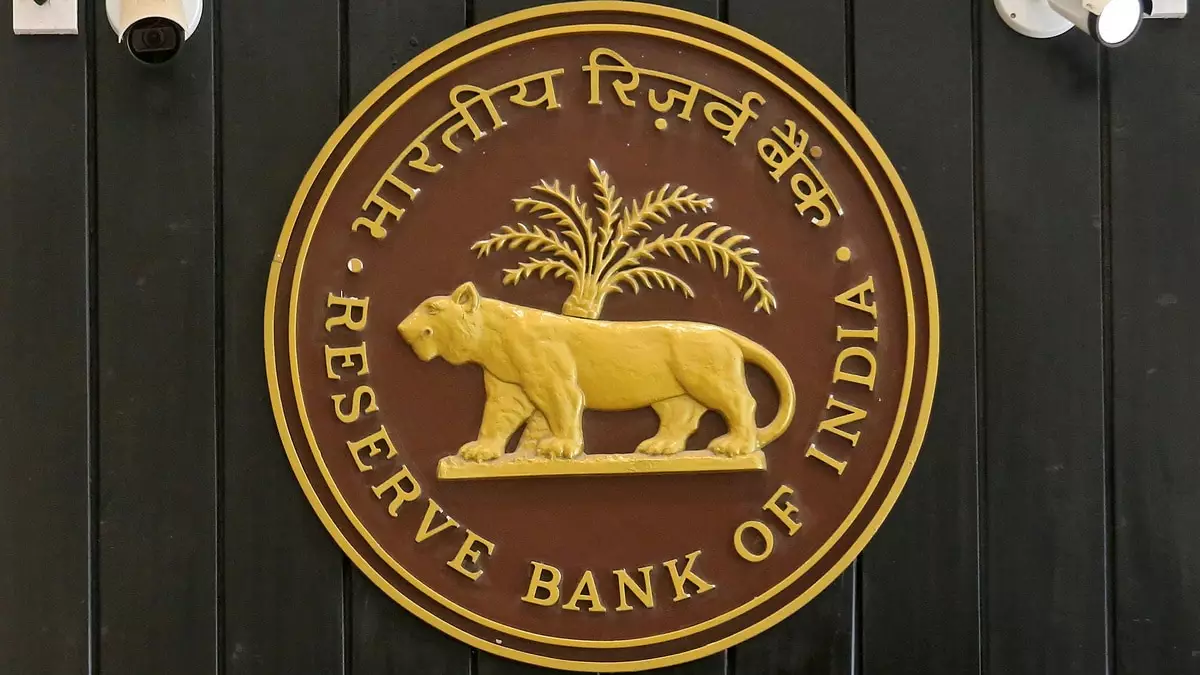The Reserve Bank of India (RBI) has set ambitious goals to take the Unified Payments Interface (UPI) to 20 countries by the fiscal year 2029. This initiative is being carried out in collaboration with NPCI International Payments Ltd (NIPL). The RBI Annual report highlights the need to explore possibilities for expanding the global reach of UPI and RuPay, in alignment with the objectives of Viksit Bharat 2047. The report specifies a timeline for initiation in 2024-25 and completion by 2028-29.
As part of the Payments Vision Document 2025, the RBI aims to enhance the international presence of UPI and RuPay cards. The central bank is engaged in discussions with various countries’ central banks to establish collaborative arrangements. In July 2023, the RBI and the Central Bank of the UAE (CBUAE) signed a memorandum of understanding (MoU) to interlink their payments infrastructure. This involved connecting India’s UPI with UAE’s Instant Payment Platform (IPP) called Aani, as well as linking the card switches of both countries.
In February 2024, the connectivity between India and Mauritius for RuPay cards and UPI was launched. This enables Indian travelers to make payments to merchants in Mauritius using UPI apps, and vice versa for Mauritian travelers in India. A similar UPI connectivity was established between India and Sri Lanka in the same month, allowing Indian travelers to make QR code-based payments at merchant locations in Sri Lanka using UPI apps.
The RBI is also exploring the linkage of UPI platform of India with the National Payments Interface of Nepal, in collaboration with Nepal Rastra Bank. In June 2023, a memorandum of understanding was signed between NPCI International Payments Ltd (NIPL) and Nepal Clearing House Ltd. (NCHL) for this purpose. Furthermore, UPI payments through QR codes are already being accepted for merchant payments in France and Nepal.
The efforts to internationalize UPI and RuPay are gaining momentum with strategic collaborations and partnerships with various countries. The Reserve Bank of India’s vision for expanding the global footprint of these payment systems is a significant step towards achieving financial inclusion and interoperability on a global scale. As more countries come on board, the potential for seamless cross-border payments and digital transactions will only continue to grow.


Leave a Reply